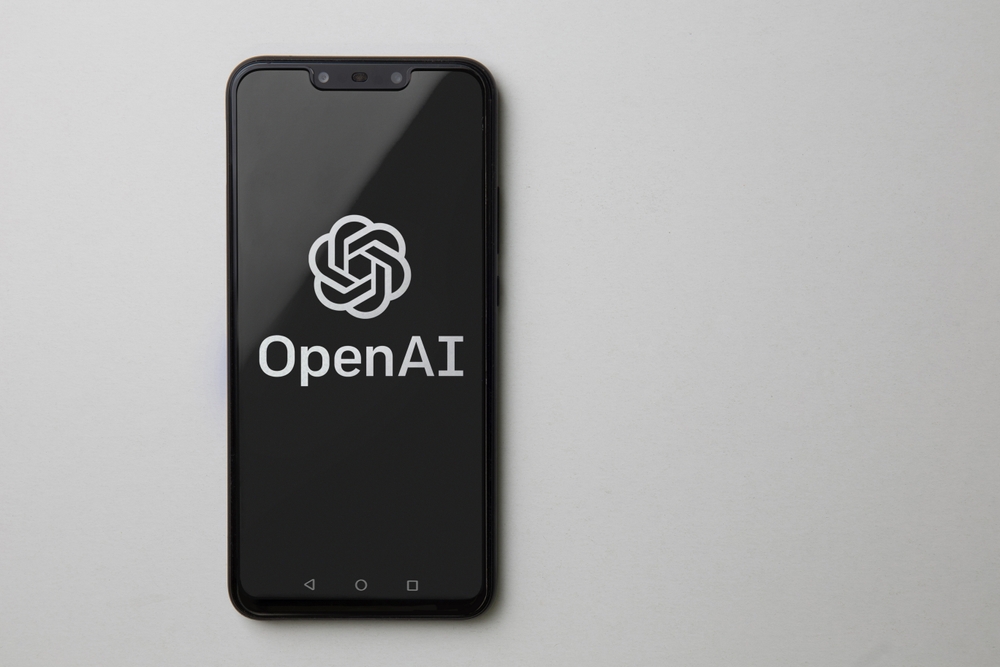In a recent blog post, OpenAI CEO, Sam Altman, declared that the age of giant AI models is over. This statement marks a significant shift in the development of AI and has implications for the future of the technology.

The rise of giant AI models
In recent years, there has been a significant increase in the size of AI models. These models, which use deep learning techniques to analyze data, have grown larger and more complex over time. This growth has been driven by advances in computing power and the availability of vast amounts of data.
The limitations of giant AI models
Despite the benefits of these giant AI models, there are also significant limitations. One of the biggest challenges is the amount of energy required to train and run these models. This energy consumption has significant environmental implications and has led to concerns about the sustainability of AI development.
Another limitation is the difficulty of interpreting the outputs of these models. As they become more complex, it becomes harder to understand how they are making their decisions. This lack of interpretability can make it challenging to identify and correct errors or biases in the models.
The future of AI
Altman’s declaration that the age of giant AI models is over does not mean the end of AI development. Instead, it signals a shift towards more efficient and sustainable models. One approach is to focus on smaller, more targeted models that are optimized for specific tasks. These models can be trained on smaller amounts of data and require less energy to run.
Another approach is to focus on developing more interpretable models. By improving the transparency of AI models, it will be easier to identify and correct errors and biases. This will help to build more trustworthy and reliable AI systems.
The end of the age of giant AI models marks a significant shift in the development of AI, notes NIXsolutions. While there are challenges ahead, there are also opportunities to create more efficient, sustainable, and trustworthy AI systems. As we move forward, it will be important to consider the ethical implications of these developments and ensure that AI is developed in a way that benefits society as a whole.
